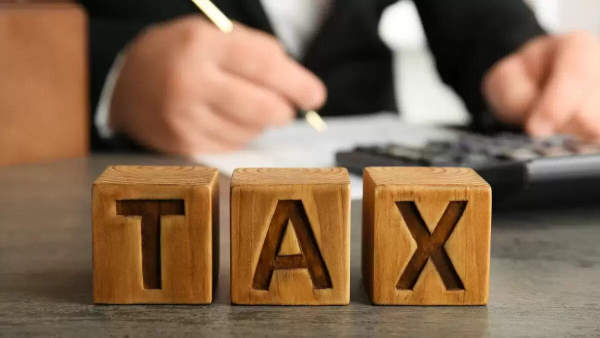
With the introduction of the New Income Tax Bill 2025, a major change has been proposed that will impact taxpayers across the board, especially those who previously relied on the Nil TDS Certificate to avoid tax deductions at source. The government has removed the provision for ‘no deduction’ certificates under the new framework.
This means even if your tax liability is zero, TDS (Tax Deducted at Source) will still be deducted from your earnings. Let’s break down what this change means, who it impacts, and how it will reshape tax compliance in India.
Until now, if your total taxable income fell below the exemption limit, you could apply for a Nil TDS certificate from the Income Tax Department. This certificate allowed your income to be paid without any TDS deduction, thereby saving you from the hassle of filing an Income Tax Return (ITR) just to claim a refund.
For instance, if your TDS liability was ₹20,000 but your income fell within the no-tax slab, the certificate ensured that no tax was deducted in the first place.
The new bill eliminates the provision for Nil TDS certificates. As a result:
Even if your tax liability is nil, TDS will still be deducted.
You will no longer be able to apply for a zero-deduction certificate.
The only available option will be the lower TDS certificate, which is granted if your tax liability is less than the standard TDS amount.
This change also applies to Non-Resident Indians (NRIs) and other taxpayers who earlier benefited from the nil deduction facility.
Since TDS will now be deducted even when it shouldn’t be applicable, the only way to recover your money will be to file an ITR and claim a refund.
Yes, this adds some compliance burden, but here’s the broader goal:
Widening the tax base
Improving transparency
Tracking unreported or scattered income sources
With this reform, the government aims to ensure that no income goes unreported and every earning is accounted for under the formal economy.
While the removal of the Nil TDS Certificate may seem inconvenient, it's part of a larger shift towards a more accountable and transparent tax regime. Taxpayers will now need to maintain cleaner financial records and stay updated with their tax filings to avoid delays in refunds.
If passed into law, this bill will mark a major step in India's evolving taxation structure, focusing on tightened compliance, broader oversight, and fairer distribution of responsibilities.